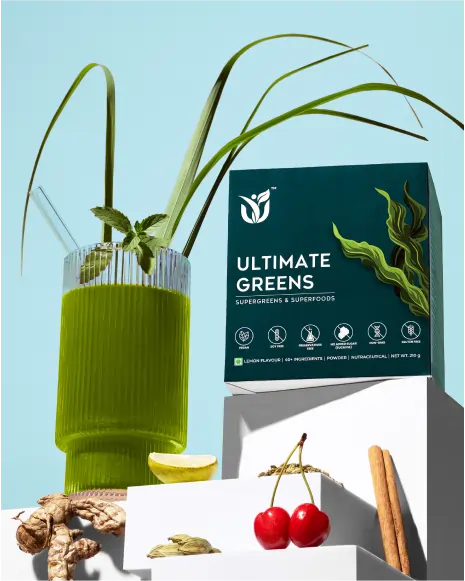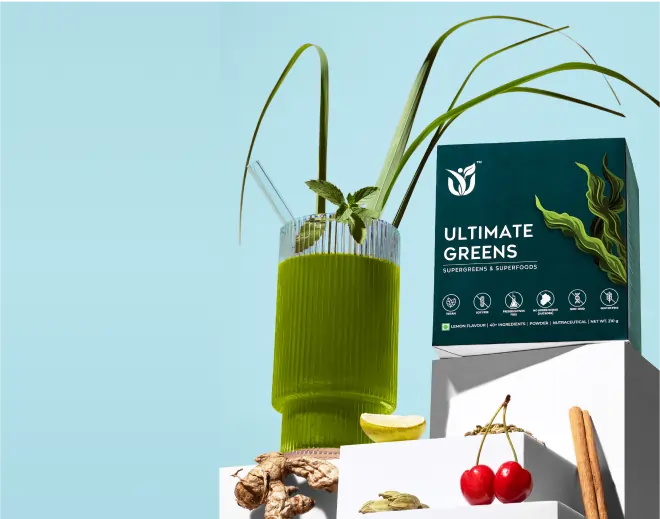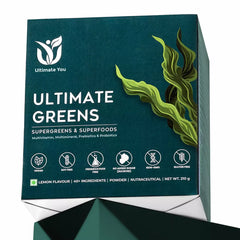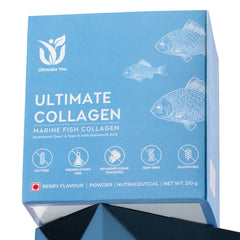Consumer preferences have undergone a major transformation in recent years, with health-conscious choices becoming a top priority. From packaged foods to beverages, nutraceuticals, and personal care products, brands are rapidly adapting to meet growing demand for cleaner, healthier, and more functional options.
Scientific research, regulatory changes, and lifestyle shifts are driving this transition, leading to the rise of transparent labeling, functional ingredients, plant-based options, sugar reduction, personalized nutrition, and sustainability initiatives.
Now let's explore how these key trends are reshaping the industry.
1. The Clean Labelling
Consumers are more informed than ever about what goes into their food, health supplements, and snacks. The demand for "clean label" products—those with minimal, natural, and recognizable ingredients—has surged.
Why the Shift?
Rising Awareness: Studies linking synthetic additives and preservatives to health risks have made consumers more cautious.
Regulatory Pressure: Global food safety agencies are re-evaluating artificial ingredients like synthetic colors and emulsifiers.
Trust & Simplicity: Shoppers prefer products with shorter ingredient lists and familiar components.
Highlights
A 2023 study in the Journal of Food Science found that over 60% of consumers actively avoid artificial preservatives and colors due to potential health concerns.
The International Food Information Council (IFIC) survey revealed that 73% of people prefer products with ingredients they can understand and recognize.
To align with this shift, brands are eliminating artificial flavors, colors, and chemical stabilizers while promoting natural and organic alternatives.
2. Functional Foods & Supplements
Modern consumers expect more from their food and supplements—they seek added health benefits that support immunity, digestion, cognitive function, and overall well-being. This has led to a surge in functional foods and nutraceuticals.
Why the Shift?
Health Prioritization: Consumers are shifting from reactive healthcare (treating illnesses) to preventive healthcare through nutrition.
Scientific Validation: Ingredients like probiotics, adaptogens, and omega-3s have strong research backing their effectiveness.
Holistic Wellness Trends: A growing interest in mental health, gut health, and longevity is fueling demand.
Highlights
A 2022 meta-analysis in the American Journal of Clinical Nutrition found that regular probiotic consumption enhances gut microbiota diversity, improving digestion and immune function.
A 2023 study published in the Journal of Nutraceuticals found that adaptogens like Ashwagandha and Rhodiola significantly reduce stress markers and cortisol levels.
As a result, brands are formulating products with functional ingredients like collagen, nootropics, superfoods, and herbal extracts to support overall health.
3. The Rise of Plant-Based and Alternative Proteins
Plant-based diets are no longer niche—they have entered the mainstream. The demand for plant-based and alternative protein sources is skyrocketing due to health benefits, environmental concerns, and ethical considerations.
Why the Shift?
Health Benefits: Studies show plant-based diets can reduce the risk of heart disease, diabetes, and obesity.
Sustainability Concerns: Plant-based protein production has a significantly lower carbon footprint than animal-based sources.
Dietary Flexibility: Even non-vegetarians are embracing plant-based options in a "flexitarian" approach.
Highlights
A 2022 study in the American Journal of Clinical Nutrition found that pea and soy protein offer comparable muscle-building benefits to animal proteins when consumed in adequate amounts.
Research in The Lancet Planetary Health suggests that switching to plant-based diets could reduce global greenhouse gas emissions by up to 70%.
As a result, brands are reformulating products to include plant-based proteins like pea, quinoa, and mycoprotein, along with dairy alternatives like almond and oat milk.
4. Low-Sugar & Sugar-Free Innovations
Excessive intake of sugar via junk foods has been linked to obesity, diabetes, and metabolic disorders, prompting consumers to actively seek low-sugar, sugar-free, or naturally sweetened products.
Why the Shift?
Health Risks: High sugar consumption contributes to insulin resistance, inflammation, and metabolic diseases.
Consumer Awareness: Governments and health organizations are actively campaigning for sugar reduction.
Alternative Sweeteners: Advances in monk fruit, stevia, and allulose provide natural sweetness without harmful effects.
Highlights
A 2023 study in the Journal of the American Medical Association (JAMA) found that reducing sugar intake by 20% lowered the risk of type 2 diabetes by 30%.
The World Health Organization (WHO) recommends limiting added sugars to less than 10% of total calorie intake, yet global consumption still exceeds this limit.
In response, brands are reformulating beverages, snacks, and even supplements with low-sugar and natural sugar alternatives.
5. Personalized Nutrition & AI-Driven Health Solutions
The concept of one-size-fits-all nutrition is becoming outdated. Advances in AI, genetics, and microbiome research are enabling a shift toward personalized nutrition.
Why the Shift?
Precision Health: Science has proven that nutrient needs vary by genetics, metabolism, and lifestyle factors.
Wearable Tech & AI: Smart devices can now track glucose levels, metabolism, and gut health in real-time.
Customized Wellness Plans: AI-driven apps recommend dietary adjustments, supplement regimens, and fitness plans based on individual biomarkers.
Highlights
A 2022 review in the Journal of Precision Medicine confirmed that tailored nutrition based on gut microbiome and genetic factors significantly improves metabolic health.
Studies show that blood glucose responses to identical foods vary dramatically between individuals, reinforcing the need for personalized dietary solutions.
This shift is leading to AI-powered nutrition plans, DNA-based dietary recommendations, and customized supplement stacks.
6. Eco-Friendly Choices
Sustainability is no longer optional—it’s an expectation. Consumers are actively choosing brands that prioritize eco-friendly practices, ethical sourcing, and minimal waste.
Why the Shift?
Climate Change Awareness: Studies show that diet choices impact the environment significantly.
Plastic-Free & Biodegradable Packaging: Consumers demand compostable, refillable, and zero-waste packaging options.
Fair Trade & Ethical Sourcing: Ethical labor practices and sustainably harvested ingredients are key decision factors.
Highlights
A Harvard University study found that adopting a plant-based and sustainable diet could reduce greenhouse gas emissions by 70% by 2050.
The Ellen MacArthur Foundation reported that switching to compostable and reusable packaging could eliminate 40% of plastic pollution.
Brands are now adopting sustainable farming practices, reducing carbon footprints, and eliminating unnecessary packaging waste.
7. On-the-Go Nutrition
Modern consumers demand healthier options that fit into their fast-paced lives. The rise of on-the-go wellness products has driven innovations like RTD functional beverages, single-serve supplement sachets, and protein-rich, minimally processed snack bars.
Why the Shift?
Busy Lifestyles: Consumers prioritize convenience without compromising on nutrition.
Health Awareness: Demand for clean-label, functional foods with added benefits is rising.
Sustainability: Eco-conscious packaging and ethically sourced ingredients are influencing purchasing decisions.
Technology & Innovation: Advances in food science enable brands to create nutrient-dense, portable solutions.
Highlights
A 2023 study in the Journal of Consumer Research found that 86% of millennials and Gen Z prioritize convenience in their health choices, fueling demand for portable, easy-to-consume products.
Brands are responding with nutrient-dense, travel-friendly products that require minimal preparation.
Conclusion
The demand for clean, functional, plant-based, sugar-conscious, personalized, sustainable, and convenient products is driving a massive transformation in the industry. This shift is backed by scientific research, evolving consumer expectations, and regulatory pressure, ensuring that healthier options continue to dominate the market.
As consumers become more informed and proactive about their health, brands will need to continuously innovate to align with evolving wellness trends and scientific advancements.











